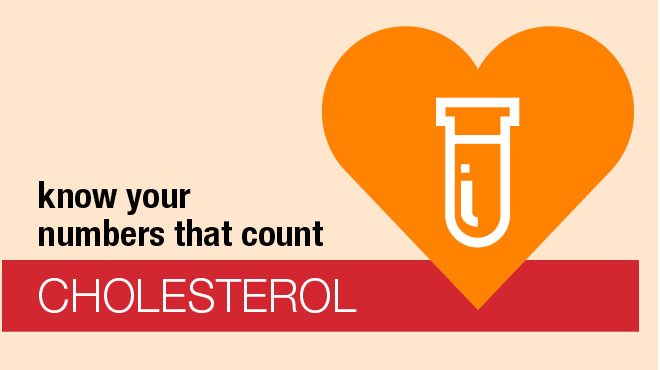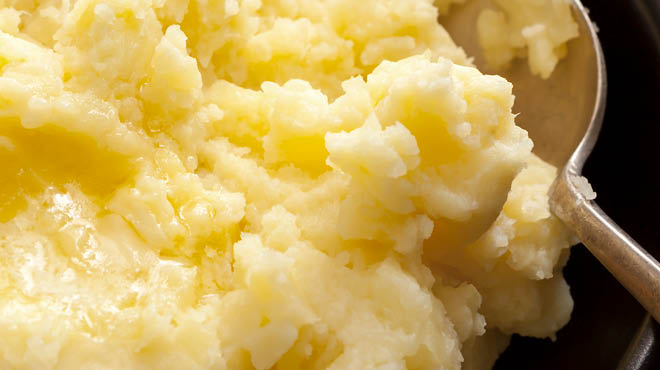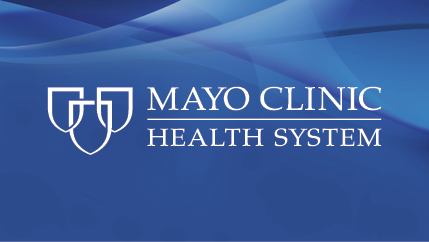Recent Posts
Know your numbers: Cholesterol

You can lower your risk of heart disease, stroke and peripheral artery disease by keeping your cholesterol at normal levels. Here's what you need to know.
What is cholesterol?
Cholesterol is a waxy substance that is found in all of your cells. This substance has several useful functions including helping build your body's cells. Cholesterol comes from two sources: your liver and the foods you consume. Cholesterol travels throughout your body in your blood.
Why cholesterol matters
Cholesterol can join with other substances to form a thick, hard deposit on the inside of your arteries, making arteries less flexible. Eventually, these deposits grow, making it difficult for enough blood to flow through your arteries. Sometimes these deposits can break suddenly and form a blockage that causes a heart attack or stroke.
However, not all cholesterol is bad. There are two types of cholesterol:
- High-density lipoprotein cholesterol, or HDL
HDL cholesterol is often referred to as "good" cholesterol. HDL picks up excess cholesterol in your blood and takes it back to your liver, where it is broken down and removed from your body. - Low-density lipoprotein cholesterol, or LDL
LDL is the type of cholesterol that can eventually build up within the walls of your arteries, leading to a heart attack or stroke. This is why LDL is often referred to as "bad" cholesterol.
When you have high cholesterol, you have too much LDL and not enough HDL in your blood, increasing your risk for a blockage causing a heart attack or stroke. There are no symptoms for high cholesterol.
What cholesterol level is considered normal?
Normal or healthy levels of cholesterol are different, depending on your age and sex:
- People 19 and younger
LDL cholesterol is less than 110 milligrams and HDL is more than 45 milligrams. - Men 20 and older
LDL cholesterol is less than 100 milligrams and HDL is more than 40 milligrams. - Women 20 and older
LDL cholesterol is less than 100 milligrams and HDL is more than 50 milligrams.
What you can do
The good news is high cholesterol can be lowered, reducing risk of heart disease and stroke.
Often changing your lifestyle or behavior can bring your numbers into line, including these steps:
- Eat a heart-healthy diet.
The best way to lower your cholesterol is to reduce your intake of saturated and trans fats. Reducing these fats means limiting your intake of red meat and dairy products made with whole milk. Choose skim milk, low-fat or fat-free dairy products instead. A heart-healthy diet also includes recipes incorporating fruits, vegetables, whole grains, poultry, fish and nuts into your diet, and limiting sodium, sugar and fried foods. - Become more physically active.
A sedentary lifestyle lowers your good HDL cholesterol. Aim for at least 150 minutes of physical activity per week. - Quit smoking.
Smoking and vaping lowers good HDL cholesterol - Lose weight.
Being overweight or obese can raise bad cholesterol and lower good cholesterol. Losing as little as 5% to 10% of your body weight can improve cholesterol numbers.
Know your numbers
To measure your cholesterol, you will need to get a cholesterol test, also called a lipid panel or lipid profile. The test measures the types of fat and cholesterol in your blood. A cholesterol test is a blood test, usually completed in the morning, since fasting is required for the most accurate results. A small amount of blood is collected into a vial or syringe for testing.
Adults at average risk of developing coronary artery disease should have their cholesterol checked every five years, beginning at 18. For most children, the National Heart, Lung and Blood Institute recommends one cholesterol screening test between ages 9 and 11 and another between ages 17 and 21.
Your health care provider may recommend more frequent testing if initial results were abnormal, if you have a family history of early-onset heart disease, or if you have a personal history of obesity or diabetes.






